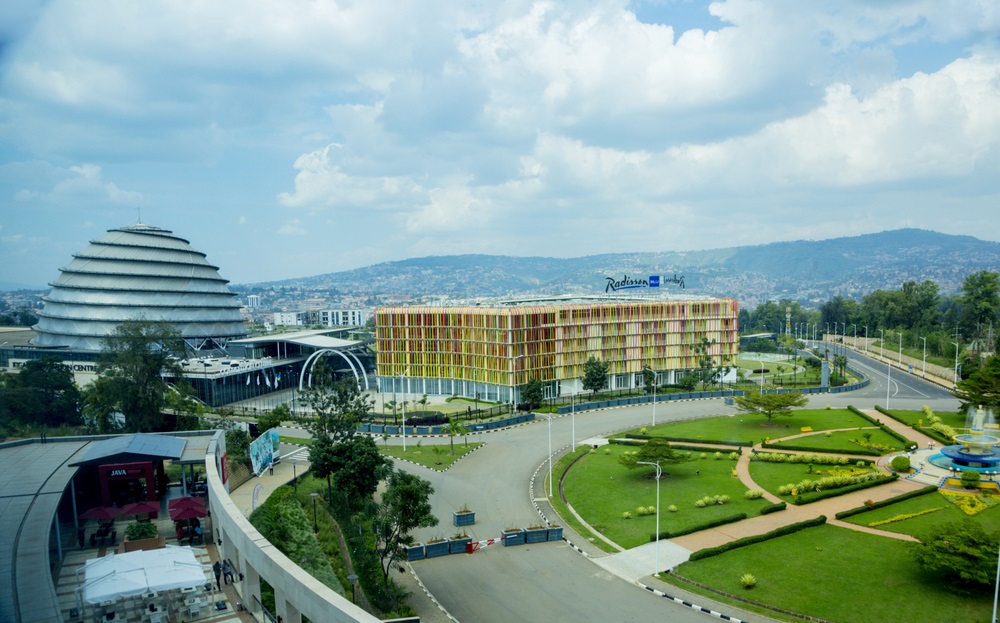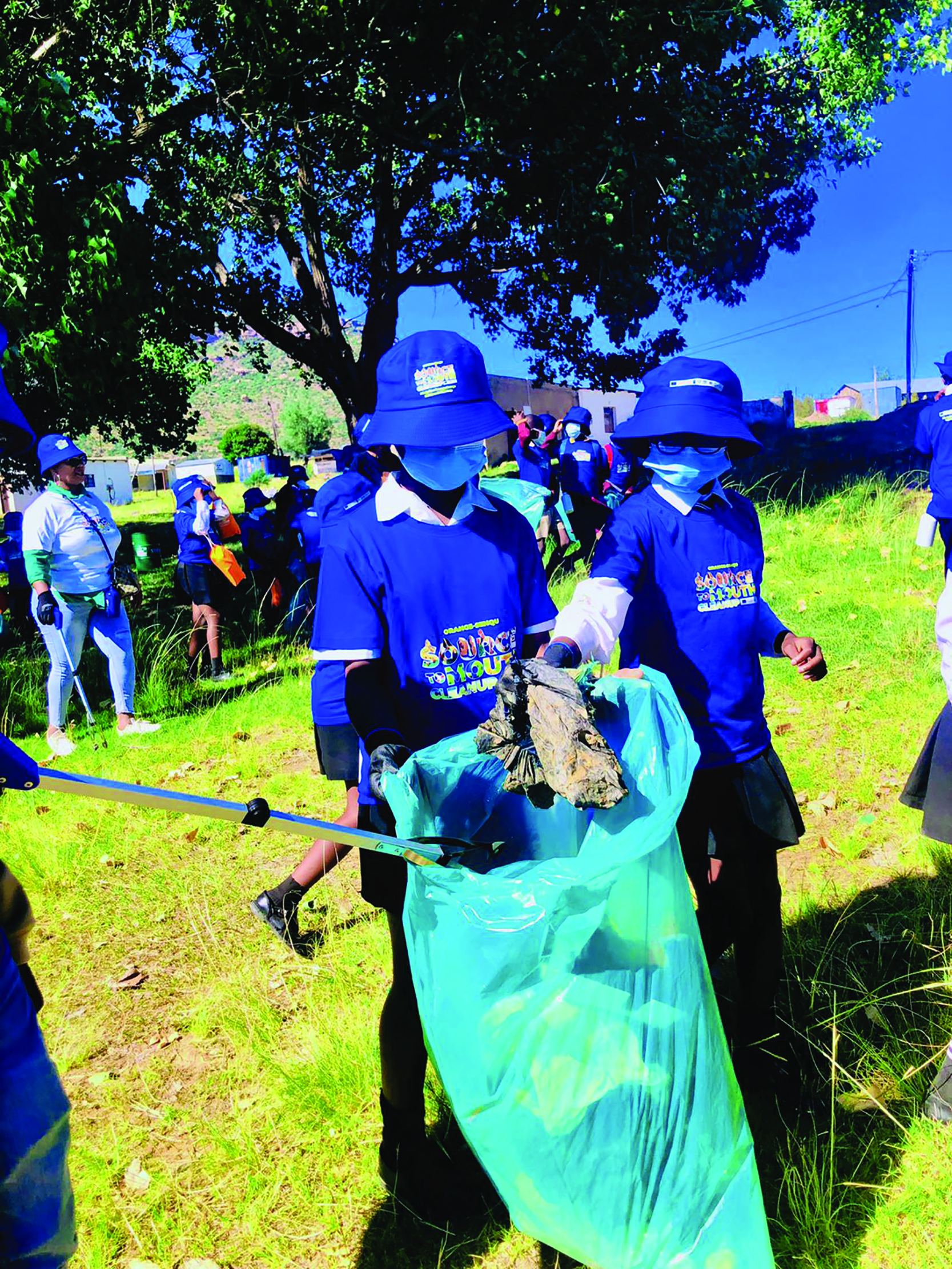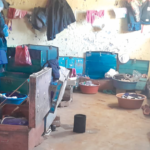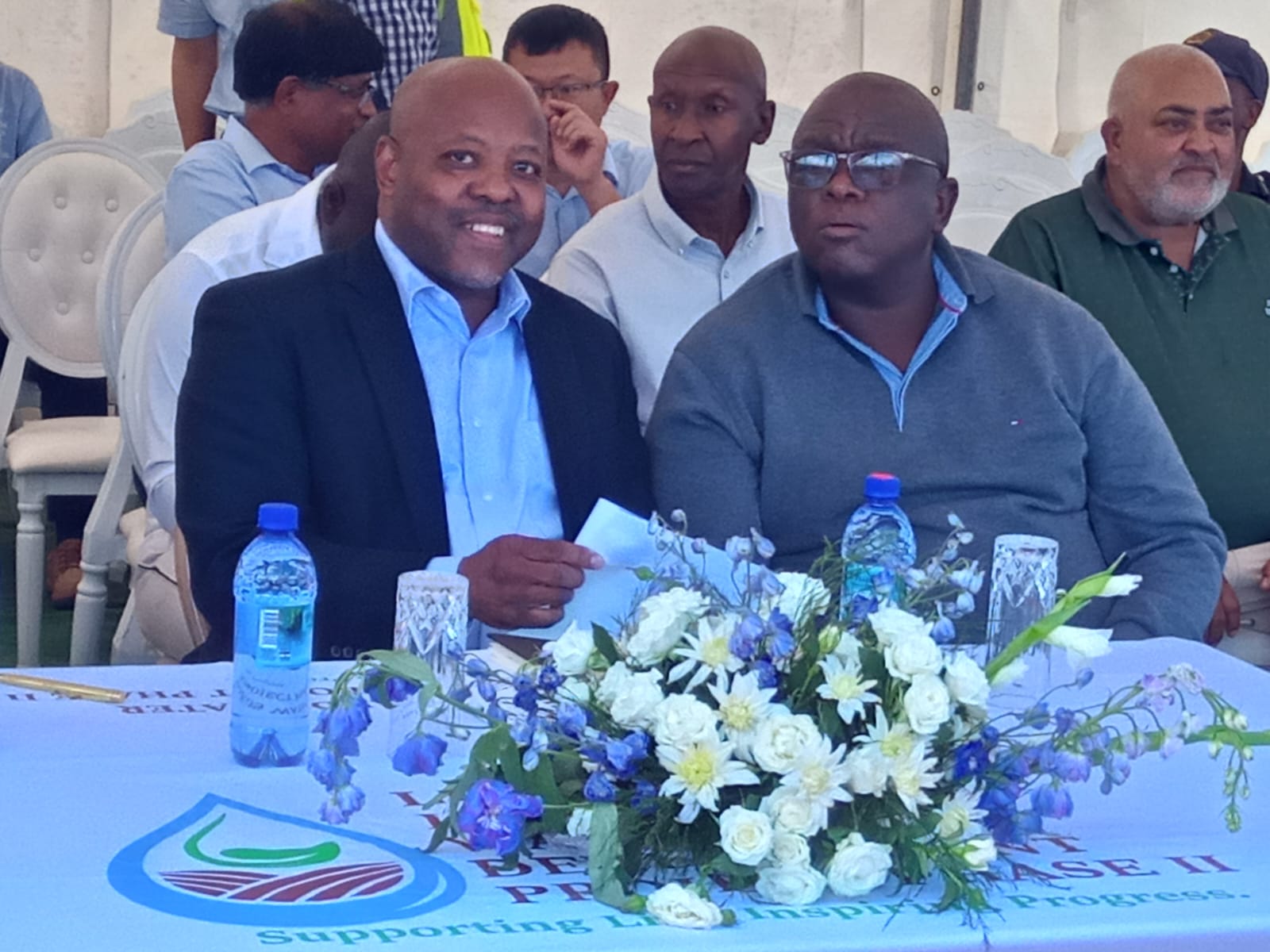By: Theko Tlebere
For nearly seven months, I have been closely monitoring the cleanliness of various towns in Lesotho. From Teya-teyaneng and Maputsoe to Hlotse, Butha-Buthe, and Mokhotlong, the cleanliness of our towns has been a long-neglected issue. Daily, we witness the streets of Maseru littered with waste from plastic bags to discarded bottles, creating both an eyesore and an environmental hazard. While the capital often receives priority for cleaning efforts, the neglect of smaller towns exacerbates the problem. It is essential to explore how local governments can genuinely improve cleanliness throughout the entire country, not just in Maseru, and to learn from countries like Rwanda, where urban cleanliness is a source of national pride.
In Lesotho, discussions about the importance of cleanliness abound; however, the reality often falls short of this ideal. Local governments, specifically urban councils, including community and district councils, are responsible for ensuring that towns remain clean and sustainable. Unfortunately, we have seen little progress, particularly in all towns of Lesotho’s districts. While Maseru may represent the face of our nation and often receives more attention, what about the smaller towns where neglect is most visible? How can we address cleanliness in Lesotho when many of our towns are overlooked?
The responsibility for this issue does not rest solely with the public; local authorities must also be held accountable for maintaining cleanliness. We need to ensure that those in leadership positions, such as community council secretaries, town clerks, and district council secretaries, are held responsible for organising and overseeing sanitation efforts. Their failure to implement effective waste management systems and their lack of innovation in promoting town cleanliness are apparent. Instead of taking initiative, these officials often deflect responsibility, waiting for others to act rather than involving the community in finding solutions.
While Maseru may receive special attention for cleaning during events or visits from dignitaries, many rural towns do not experience the same level of care. A significant issue is the absence of proper waste management infrastructure, including waste collection and disposal systems, which the urban councils have repeatedly failed to address. Those responsible for making crucial decisions seem more focused on the political rewards of their roles than on the environmental consequences of their inaction. It boggles one’s mind why they still exist if they are not able “ho phutha lipampiri tse paala” (closely translated into “they are unable to collect simple garbage”.
Examining Rwanda offers valuable insights into how local governments can effect meaningful change in cleanliness. Kigali, Rwanda’s capital, is celebrated for its cleanliness, a success achieved not through empty promises but through the concerted efforts of both the government and its citizens. The country’s national initiative, Umuganda, requires all citizens to participate in monthly clean-up events, transforming cleanliness into a civic duty rather than merely a government task. This policy has maintained urban cleanliness in Rwanda while also fostering a sense of national unity and responsibility, an important lesson for Lesotho.
If Rwanda can mobilise its citizens to take charge of their environment, why can’t we? Local governments in Lesotho must expand their role beyond sporadic cleaning efforts. A shared sense of responsibility must be cultivated, with local officials working closely with community members to instil ownership over their surroundings and to ensure regular maintenance of cleanliness.
Furthermore, decentralisation should be prioritised. The central government cannot bear the entire burden of urban cleanliness. Empowering local governments with greater resources, autonomy, and decision-making capabilities is crucial for effectively addressing these challenges. The voices of the people must resonate through their local leaders, particularly those who understand their community’s intricacies.
Lesotho needs a comprehensive overhaul of local government operations. We cannot continue to blame the public for dirty streets when it is local councilors, town clerks, and district council secretaries who must implement the necessary changes. It is time to demand accountability and seek real solutions; otherwise, the vision of clean towns for all will remain merely a distant dream. The Future is NOW!

Your Trusted Source for News and Insights in Lesotho!
At Newsday Media, we are passionate about delivering accurate, timely, and engaging news and multimedia content to our diverse audience. Founded with the vision of revolutionizing the media landscape in Lesotho, we have grown into a leading hybrid media company that blends traditional journalism with innovative digital platforms.












